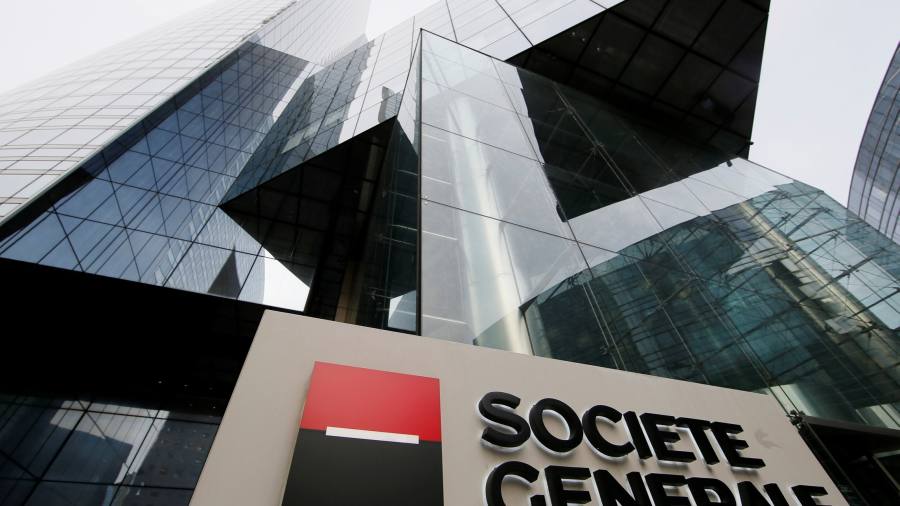
Almost five years ago European regulators implemented Mifid II to “unbundle” equity research from trading commissions. The rationale was to save investors from indirectly paying for excessive or unnecessary research. Spending on equity research has fallen sharply since. But the shrinking pool of independent analysts suggests unintended risks to market efficiency.
A joint venture between AllianceBernstein and Société Générale to combine cash equities and research capabilities, announced on Tuesday, continues that trend. The former’s $627bn fund management unit is not affected. The deal couples a well-regarded independent research brand with SocGen’s full service equity franchise. The French bank will control 51 per cent.
SocGen will hope to expand its US investment banking services as part of incoming chief executive Slawomir Krupa’s brief to turn round the underperforming French bank. AllianceBernstein’s research brokerage business, though primarily US-focused, highlights the price impact on research from the intact European investment regulation Mifid II.
European equity research spending hit a decade low of £640mn in 2019 or half what it was in 2015, according to Bloomberg data. Mifid II required fund managers to pay separately for research. While spending has grown modestly since, an increasing share goes to the largest institutions: 53 per cent went to the top 10 providers in 2021 up from 51.6 per cent in 2020. The concentration is in fact even higher with most of that spending going to the top three, said Mike Carrodus of Substantive Research.
A previous bias towards scale that already existed via trading, continues for research alone. That is leaving slim pickings for independent research houses, priced out of the market by effective cross-subsidisation of research within the largest banks.
A sustained bear market in bonds and concomitant equity volatility could yet tilt demand towards active portfolio managers desirous of independent research. Even so pricing will remain under pressure. Some independents that specialise can maintain pricing power, but the trend towards consolidation with larger banks should continue.
Lex wants to know what our readers think about this topic. Has the Mifid II regulation on research separation simply been a boon to the largest investment banks?